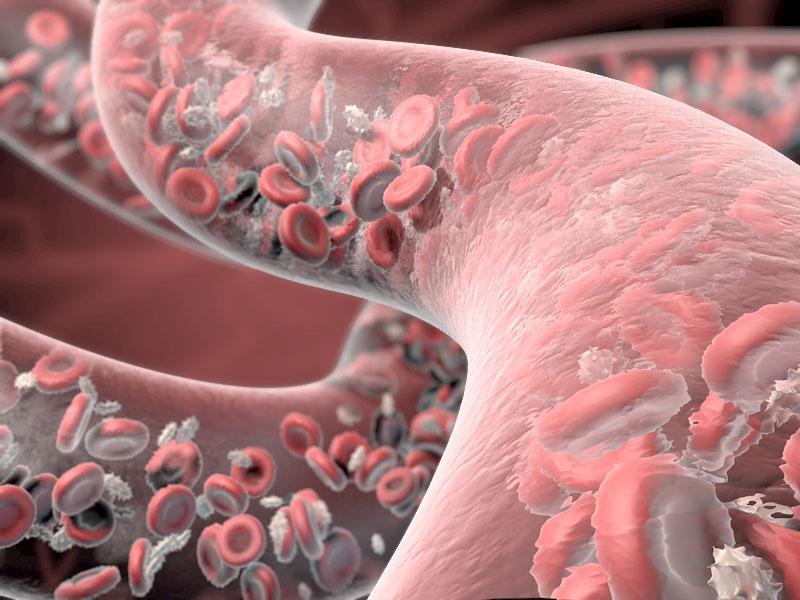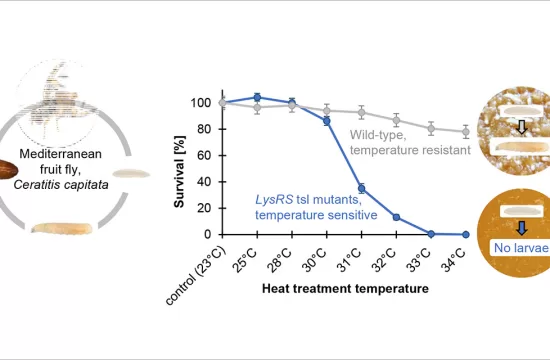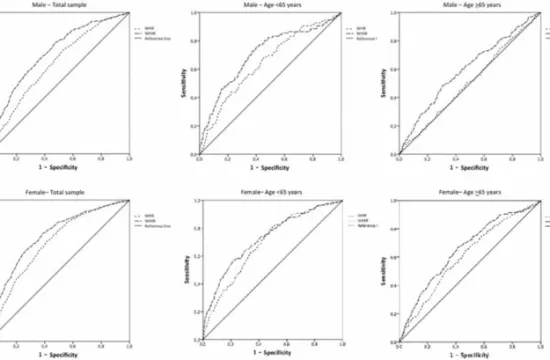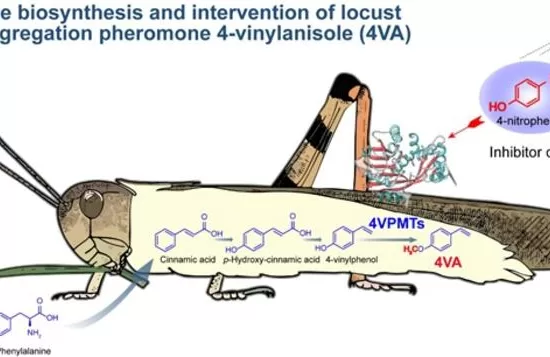
Blood clots can be dangerous and cause heart attacks or strokes, but current blood thinners often come with the risk of uncontrolled bleeding. In a new paper, published Aug. 24 in Science Translational Medicine, scientists report on a new antibody that prevents blood clots from forming without the risk of spontaneous bleeding. Researchers also describe a second antibody that works as an antidote that can quickly reverse the effects.
The antibody specifically binds to coagulation factor Xla (FXla), which is a protein that has a vital role in the formation of blood clots. While this protein is seen as a major drug target, it has been difficult to specifically inhibit FXla. The new antibody does so, and blocks enzymatic activity.
For the new study, researchers, led by Tovo David showed that the drug was successful in preventing blood clots in blood of mice, rabbits and humans.
Safety was assessed in monkey’s, who showed no signs of bleeding even when the drug was administered at doses much higher than needed to prevent clotting.
The authors believe that with further progress the FXla-specific antibody, the effects of which are reversible, could offer a new and potentially safer class of blood thinners.







